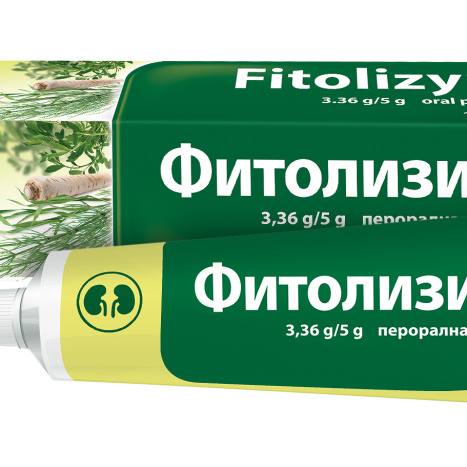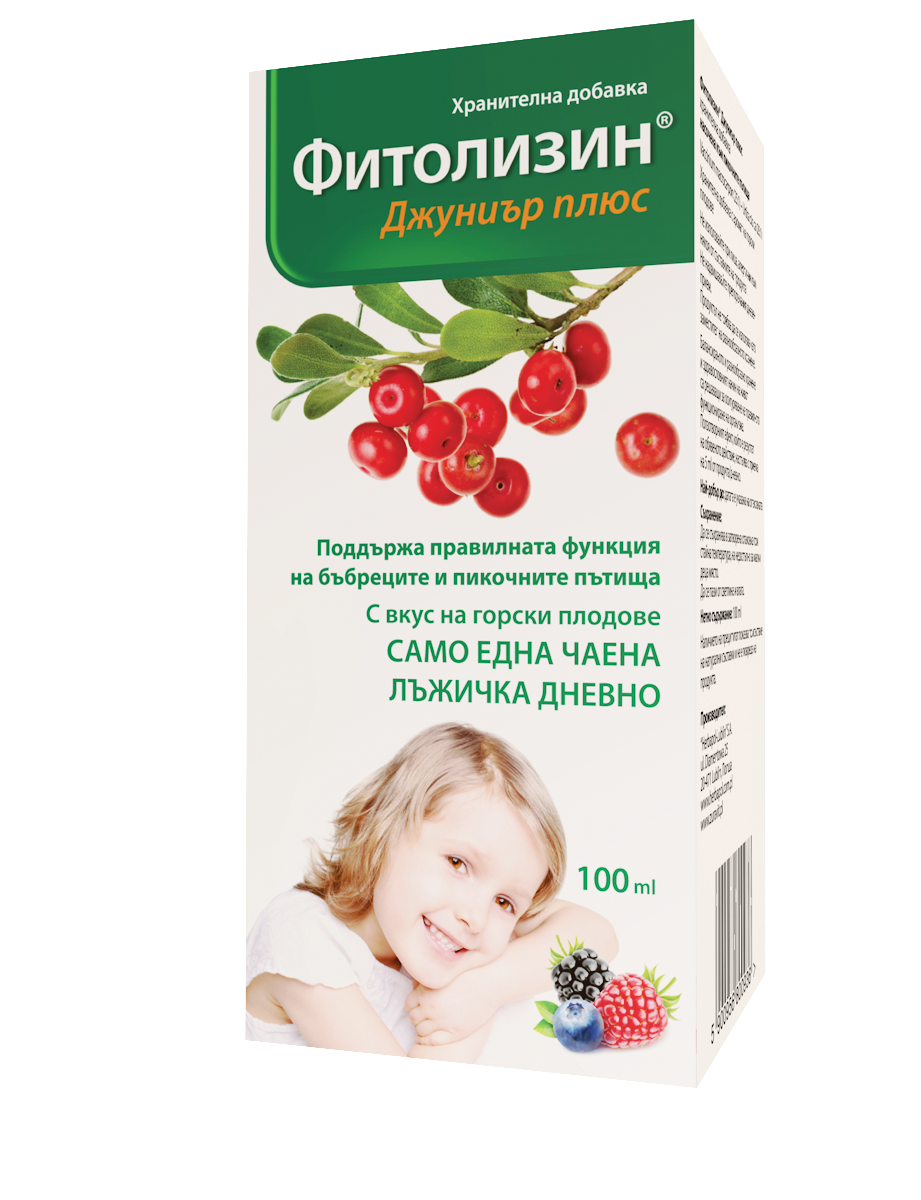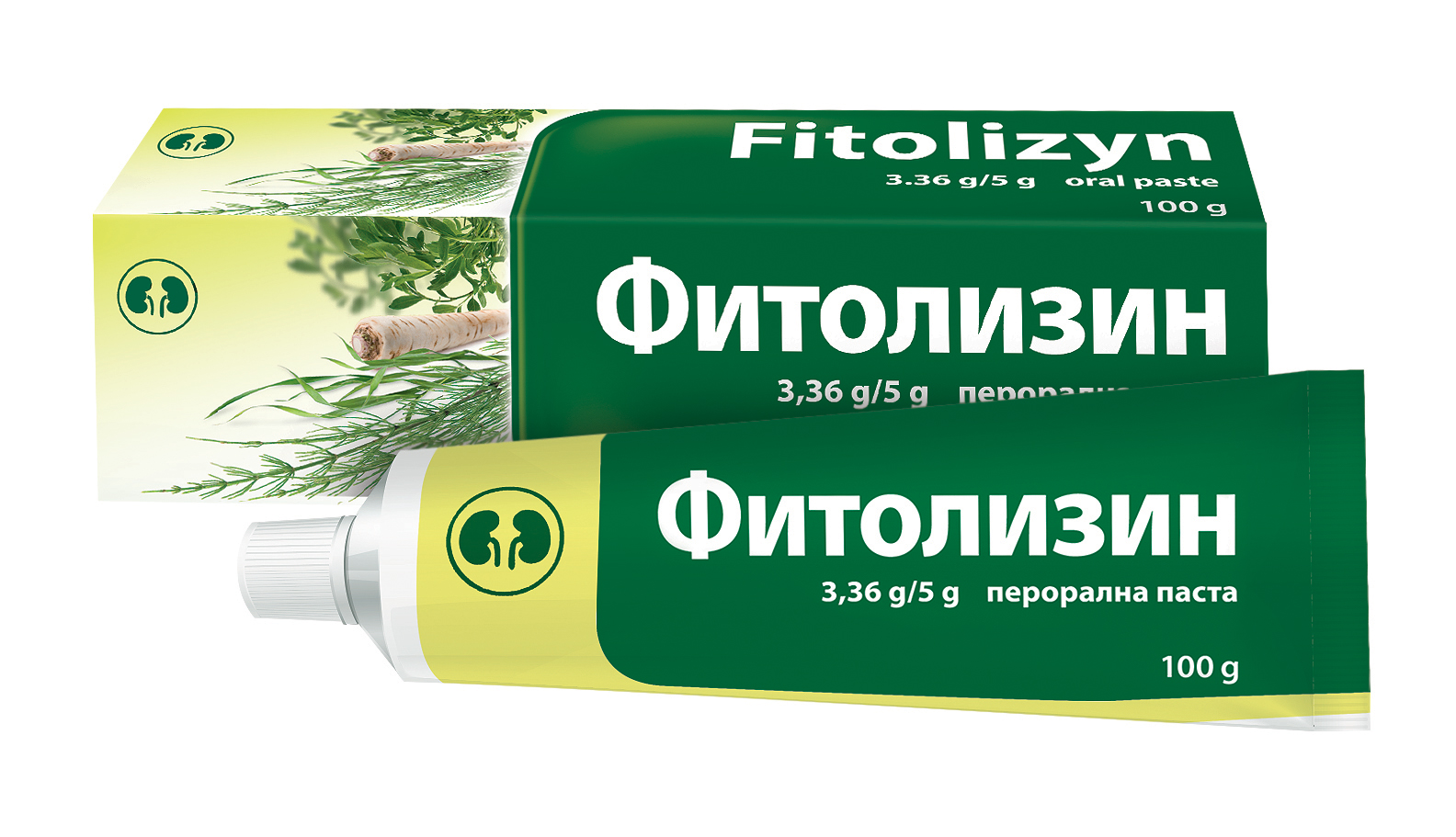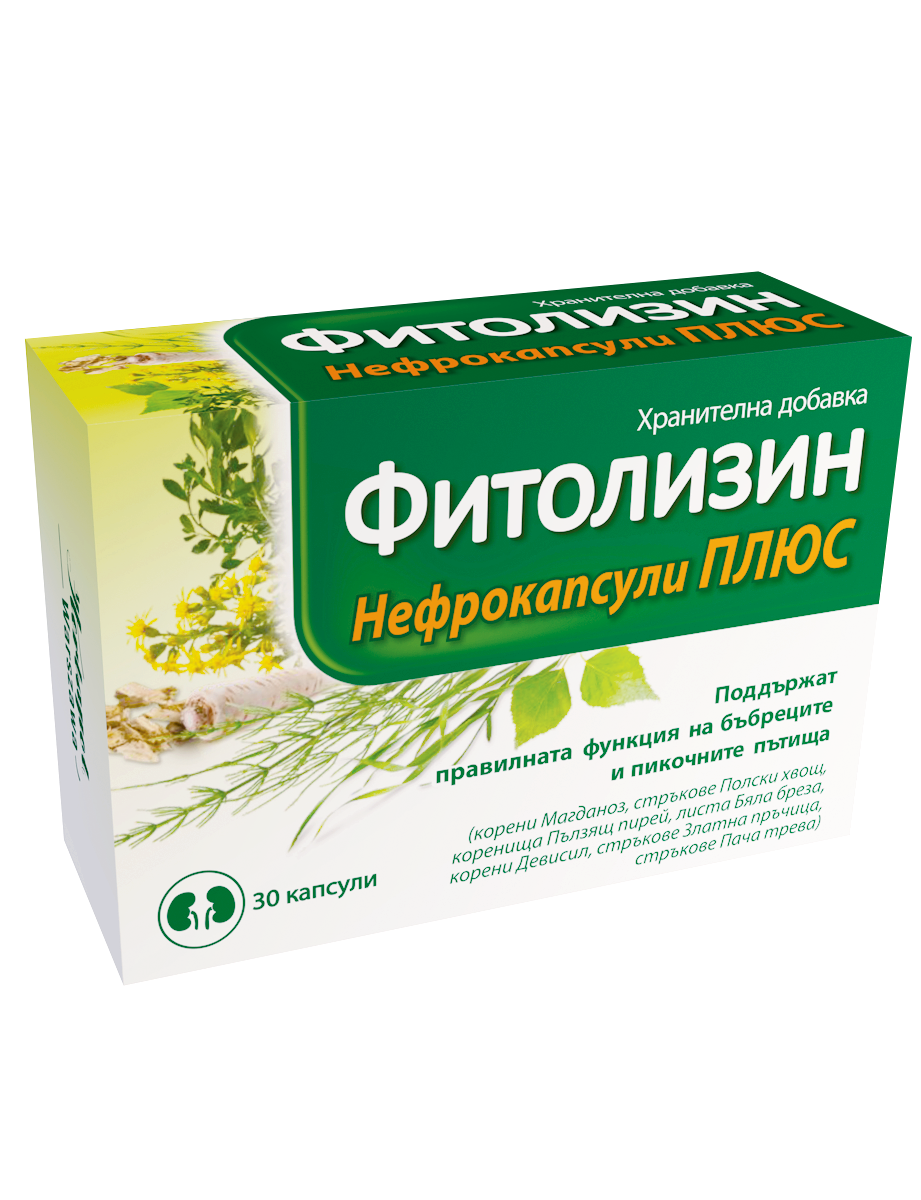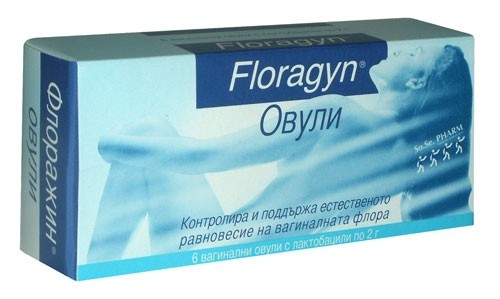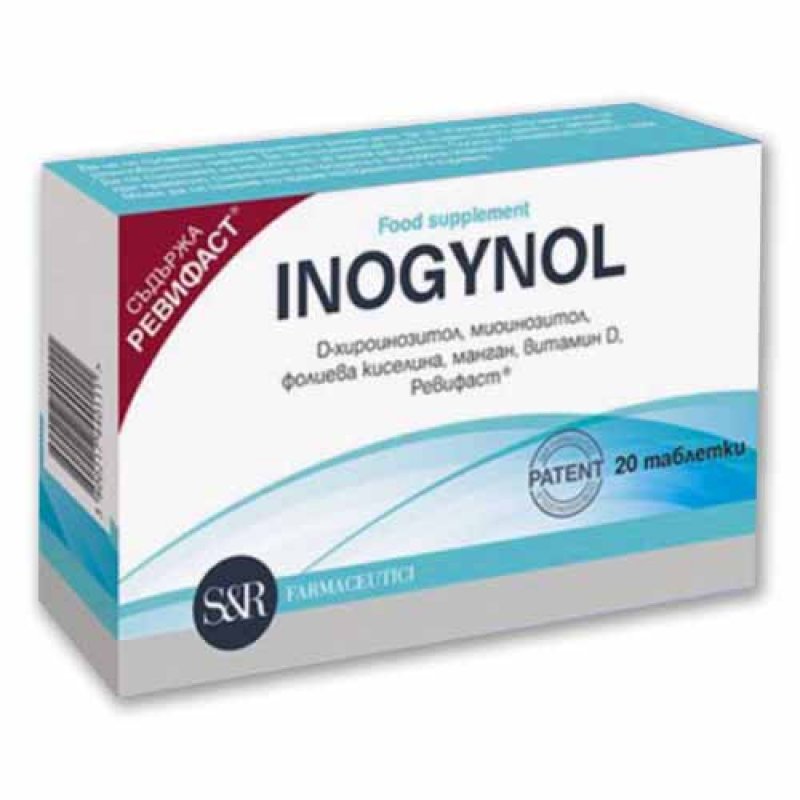FITOLIZYN oral paste oral paste for the urinary tract 100g
Leaflet: patient information
Phytolysin 3.36 g/5 g oral paste
Fitolizyn 3.36 g/5 g oral paste
Liquid extract (1:1.3-1.6) composed of: roots Parsley / seeds Fenugreek / stems Duckweed / rhizomes Creeping sedge / leaves White birch / stems Field horsetail / roots Devisil / stems Goldenrod / husks Onion (7 /6/6/5/4/4/4/2/2)
Extractum fluidum compositum (1:1.3-1.6) ex : Petroselin i sativ i radix / Trigonella e foen i graec i semen / Polygon i avicular is herba / Graminis rhizoma / Betula e folium / Equiset i herba / Levistic i radix / Solidag inis virgaurea e herba / Alli i cepa e squama (7/6/6/5/4/4/4/2/2)
Read all of this leaflet carefully before you start taking this medicine because it contains important information for you.
- Always take this medicine exactly as described in this leaflet or as your doctor or pharmacist has told you
- Keep this leaflet. You may need to read it again.
- If you have any further questions, ask your pharmacist or nurse.
- If you get any side effects, tell your doctor or pharmacist. This also includes any possible side effects not described in this leaflet.
- If you do not feel better or your condition worsens, you should seek medical attention.
What this leaflet contains :
- What is Phytolysin and what is it used for
- What you need to know before taking Phytolysin
- How to take Phytolysin
- Possible side effects
- How to store Phytolysin
- Package contents and additional information
- What is Phytolysin and what is it used for
Phytolysin is an oral paste containing an extract that consists of a mixture of plant substances: parsley roots, Greek fenugreek, common pacha grass, yarrow rhizome, birch leaves, field horsetail, selim root, goldenrod stalk, onion peels.
Phytolysin is a traditional herbal medicinal product that is used as a diuretic and anti-inflammatory agent.
The following results are based exclusively on long-term use.
Phytolysin is used for the following indications:
- as an auxiliary agent in the treatment of infections and inflammatory conditions of the urinary tract;
- as an auxiliary agent in the treatment of urolithiasis (formation of stones in the urinary tract);
- as a precaution in case of nephrolithiasis (formation of kidney stones).
- What you need to know before taking Phytolysin
Do not take Phytolysin:
- if you are allergic to the active substances or the plants of the Asteraceae family (Goldenrod), the Asteraceae family, or to anethole (Devisil root), or to birch pollen (birch leaf), or to any of the other ingredients of this medicine (listed in point 6);
- if you have kidney failure;
- if you have heart failure;
- if you have swelling due to heart or kidney failure.
Warnings and precautions
- If symptoms worsen, persist, or are accompanied by fever, dysuria, cramping, or blood in the urine while taking this medicinal product, you should contact your doctor immediately.
- Do not use in edema caused by heart or kidney failure.
- It is recommended to drink plenty of fluids while using this medicinal product.
- You should not neglect visits to the doctor while taking this medicinal product.
- The product is harmful to those suffering from alcoholism. To be taken with caution by pregnant or lactating women, children and high-risk groups such as patients with liver disease or epilepsy.
- Because of the possible hypoglycemic effect of Greek fenugreek, close monitoring of glycemic control should be provided in patients treated for diabetes mellitus.
Children and adolescents
Phytolysin is not recommended for use in children and adolescents (under 18 years of age) due to insufficient data on safety and efficacy.
Other drugs and Phytolysin
Tell your doctor or pharmacist if you are taking, have recently taken or might take any other medicines.
Due to the diuretic effect of this preparation, faster elimination from the body of other drugs taken at the same time should be taken into account.
The medicine can:
- enhance the action of oral antithrombotic drugs (including nonsteroidal anti-inflammatory drugs), hypoglycemic drugs (drugs for diabetes), lithium salts, monoamine oxidase inhibitors (drugs for depression);
- the effect of phenobarbital (medicine against insomnia) and paracetamol (non-steroidal anti-inflammatory drugs) continued;
- inhibits intestinal absorption of β-carotene, α-tocopherol (vitamin E), cholesterol and other drugs.
Phytolysin with food and drink
It is recommended that you drink plenty of fluids when taking this product.
Pregnancy, lactation and fertility
If you are pregnant or breast-feeding, think you may be pregnant or are planning to become pregnant, ask your doctor or pharmacist for advice before using this medicine.
The use of Phytolysin is not recommended during pregnancy and breastfeeding, due to insufficient information on safety. Consult your doctor if using this product during pregnancy or breastfeeding.
Driving and using machines
No data are available on the effect of Phytolysin on the ability to drive and use machines.
However, the low alcohol content of this product should be taken into account. A single dose is equivalent to no more than 5 ml of beer or 2 ml of wine.
Phytolysin contains ethanol, wheat starch and ethyl parahydroxybenzoate.
This medicinal product contains less than 4% (V/V) ethanol (alcohol), i.e. up to 200 mg of ethanol equivalent to 5 ml of beer or 2 ml of wine per dose. This is harmful to those suffering from alcoholism. To be taken with caution by pregnant or lactating women, children and high-risk groups such as patients with liver disease or epilepsy.
Phytolysin also contains wheat starch, which may contain traces of gluten. Patients with a wheat allergy (other than celiac disease) should not take this medicine.
Phytolysin also contains ethyl parahydroxybenzoate (nipagin A), which may cause an allergic reaction (possibly delayed) in hypersensitive patients.
- How to take Phytolysin
Adults: 3–4 times a day, 1 teaspoon (about 5 g) of the paste dissolved in half a cup of hot boiled water.
Elderly patients :
There are no special dosage recommendations for elderly patients.
Children and adolescents (under 18) :
The safety and efficacy of Phytolysin in children and adolescents (under 18 years) have not been established.
Patients with renal failure :
Phytolysin is contraindicated in patients with renal failure. Consult your doctor if you have kidney failure.
Patients with liver failure :
There are no special dosing recommendations for patients with hepatic insufficiency.
Duration of reception
It should not be used for more than 2-4 weeks.
If symptoms persist while taking the medicinal product, you should consult a doctor or a qualified medical specialist.
If you have taken more than the required dose of Phytolysin
So far, there have been no reports of overdose.
If you forget to take Phytolysin
Do not take a double dose to make up for a missed dose.
If you have stopped taking Phytolysin
If you have any other questions about the use of this medicine, ask your doctor or pharmacist.
- Possible side effects
Like all medicines, this medicine can cause side effects, although not everybody gets them.
Below are the terms used to define the frequency of reported adverse reactions:
Very common: affects more than 1 in 10 patients |
Common: affects 1 to 10 patients in 100 |
Uncommon: affects 1 to 10 patients in 1,000 |
Rare: affects 1 to 10 patients in 10,000 |
Very rare: affects less than 1 in 10,000 patients |
Not known: no estimate can be made from the available data |
Possible hypersensitivity to UV light should be considered.
Leaves White Birch
Gastrointestinal complaints (nausea, vomiting, diarrhea) and allergic reactions (pruritus, rash, urticaria, allergic rhinitis) have been reported. Their frequency is not known.
Fenugreek seeds
Gastrointestinal disturbances: gas or diarrhea may occur.
Nervous system disorders: dizziness may occur. The frequency is not known.
Goldenrod stalks
Hypersensitivity reactions or gastrointestinal disturbances may occur. Their frequency is not known.
Field horsetail stalks
Mild gastrointestinal complaints and allergic reactions (eg rash) have been reported. Their frequency is not known.
If other side effects not described above occur, you should consult a doctor or qualified medical professional.
Reporting adverse drug reactions
If you get any side effects, tell your doctor or pharmacist. This also includes any possible side effects not described in this leaflet. You can also report an adverse drug reaction directly to:
Bulgaria
Executive Agency for Medicines, 8 Damyan Gruev Street
1303 Sofia
Phone: +35 928903417
website: www.bda.bg
By reporting side effects, you can contribute to getting more information about the safety of this medicine.
- How to store Phytolysin
Store below 25ºC.
Keep the tube tightly closed.
Shelf life after first opening – 7 days.
Keep out of the reach of children.
Do not use this medicine after the expiry date which is stated on the tube and carton after EXP. The expiration date corresponds to the last day of the specified month.
Do not dispose of medicines down the drain or in the household waste container. Ask your pharmacist how to dispose of medicines you no longer use. These measures will help protect the environment.
- Package contents and additional information
What does Phytolysin contain?
100 g of oral paste contains 67.2 g of liquid extract (1:1.3-1.6) composed of: roots Parsley ( Petroselinum sativum Hoffm.) / seeds Fenugreek ( Trigonella foenum-graecum L.) / pods Pacha grass ( Polygonum aviculare L.) / rhizomes Creeping heather ( Agropyron repens L. Beauv.) / leaves White birch ( Betula pendula Roth. and/or Betula pubescens Ehrh . ) / stalks Horsetail ( Equisetum arvense L.) / roots Devisil ( Levisticum officinale Koch.) / stalks Goldenrod ( Solidago virgaurea L.) / husks Onion ( Allium cepa L.) (7/6/6/5/4/4/4/2/2).
Other ingredients are: glycerol 99.5%, agar, ethyl parahydroxybenzoate (E214), wheat starch, clary sage oil, peppermint oil, sweet orange oil, white pine oil, vanillin, purified water.
The product contains no more than 4% (V/V) ethanol.
What Phytolysin looks like and what the package contains
The primary packaging is an aluminum tube packed in a cardboard box containing not less than 100 g of oral paste.
Marketing Authorization Holder and Manufacturer
License holder
Pharmaceutical Works Polpharma SA
19, Pelplińska Str. 83-200 Starogard Gdański
Poland
Manufacturer
Herbapol Warszawa Sp. z o. o
54, Ołówkowa street, 05-800 Pruszków
Poland
Date of last revision of the leaflet:


